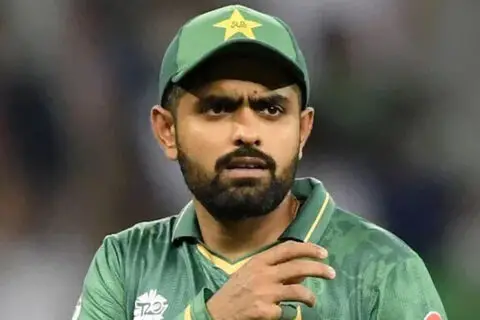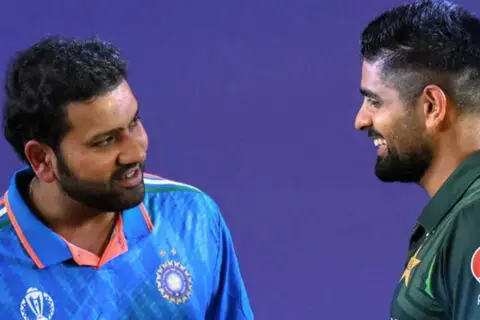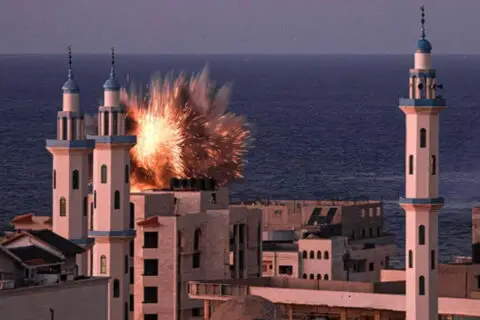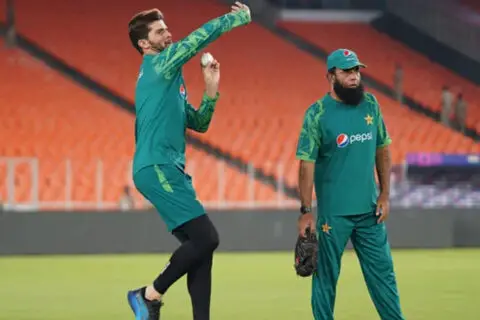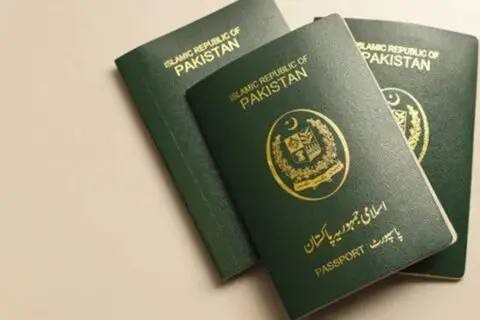
On a Thursday night in Mumbai, the city’s vigilant police force received an alarming email. Its ominous contents threatened to unleash chaos upon the Indian subcontinent. The threat was nothing short of audacious—blowing up the esteemed Narendra Modi Stadium in Ahmedabad, the very crucible of multiple ICC Men’s Cricket World Cup matches.
The missive left no room for ambiguity, asserting that a formidable group had already marshaled its forces, poised to launch assaults unless the Indian government surrendered a staggering 5 billion Indian rupees. Their audacious demand also included the release of the notorious criminal Lawrence Bishnoi, currently incarcerated in Delhi’s formidable Mandoli jail. This startling revelation was first reported by Hindustan Times.
Originating from the heart of Europe, this menacing message reached the National Investigation Agency (NIA), setting off alarm bells. The NIA promptly alerted the Mumbai police, setting the wheels of investigation into motion.
The authorities wasted no time, casting a wide net. They initiated a relentless manhunt to unmask the sender and bolstered security measures at all cricket events, ready to defend against any impending threat.
While some suggested the email might be a mere prank or a sinister ruse by an overseas provocateur, the Mumbai police remained resolute. They continued their pursuit of the sender, determined to safeguard the sanctity of all cricket matches.
Within the email to the NIA, a chilling ultimatum resonated: “We shall demolish not only Narendra Modi but also his eponymous stadium unless the government disburses ₹500 crore and liberates Lawrence Bishnoi. In the land of Hindustan, all things have their price. No fortress can thwart our determination. Should you desire discourse, let it be through this digital conduit.”
This alarming incident occurred against the backdrop of prior threats, including those attributed to Khalistani leader Gurpatwant Singh Pannun. The specter of retaliation loomed, intertwined with the memory of Shaheed Nijar’s assassination, an event that transpired just three weeks earlier.

